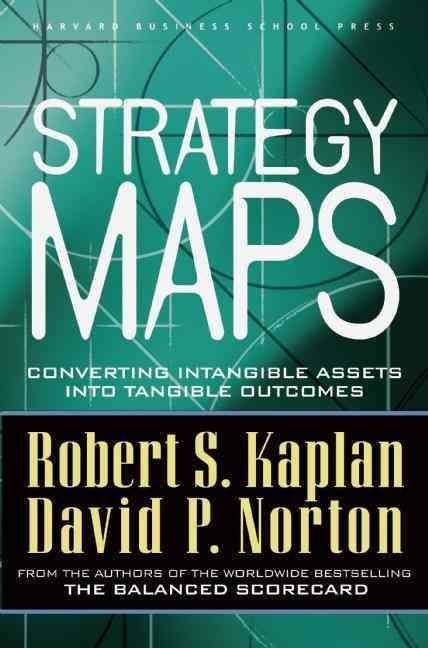Arbitrage Theory provides the foundation for the pricing of financial derivatives and has become indispensable in both financial theory and financial practice. This textbook offers a rigorous and comprehensive introduction to the mathematics of arbitrage pricing in a discrete-time, finite-state economy in which a finite number of securities are traded. In a first step, various versions of the Fundamental Theorem of Asset Pricing, i.e., characterizations of when a market does not admit arbitrage opportunities, are proved. The book then focuses on incomplete markets where the main concern is to obtain a precise description of the set of “market-consistent” prices for nontraded financial contracts, i.e. the set of prices at which such contracts could be transacted between rational agents. Both European-type and American-type contracts are considered. A distinguishing feature of this book is its emphasis on market-consistent prices and a systematic description of pricing rules, also at intermediate dates. The benefits of this approach are most evident in the treatment of American options, which is novel in terms of both the presentation and the scope, while also presenting new results. The focus on discrete-time, finite-state models makes it possible to cover all relevant topics while requiring only a moderate mathematical background on the part of the reader. The book will appeal to mathematical finance and financial economics students seeking an elementary but rigorous introduction to the subject; mathematics and physics students looking for an opportunity to get acquainted with a modern applied topic; and mathematicians, physicists and quantitatively inclined economists working or planning to work in the financial industry.












